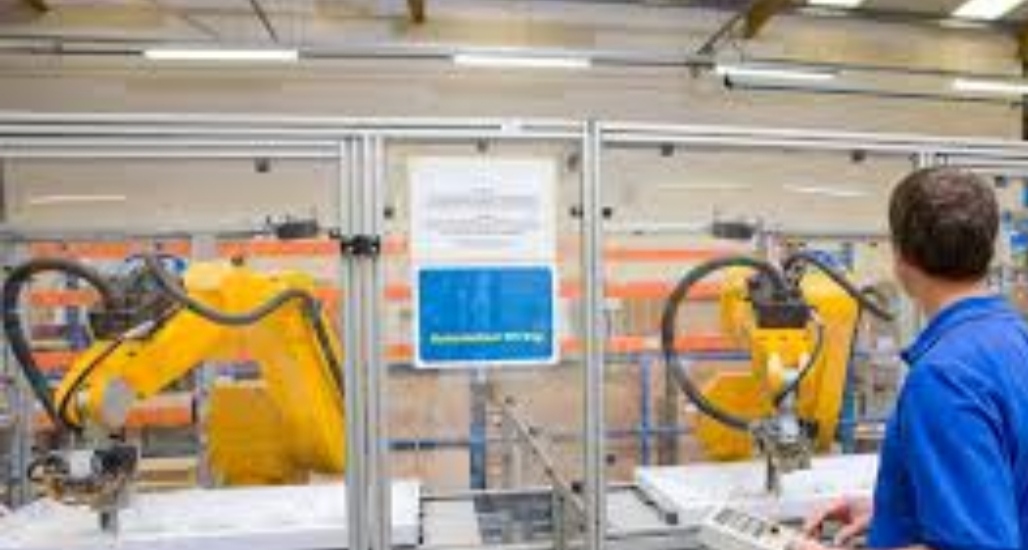Diversity and inclusion in the workplace serve as a catalyst for job growth, fostering a more dynamic and innovative workforce. By embracing individuals from various backgrounds, organizations can tap into a wide range of perspectives and experiences, which can lead to improved problem-solving and creativity. When employees feel valued and included, they are more likely to contribute their best ideas and efforts.
Moreover, diversity in the workplace reflects the broader demographic shifts in society. To attract and retain talent, businesses must align with these changes. Companies that prioritize diversity tend to have a broader talent pool to choose from, giving them a competitive edge.
Inclusive workplaces also help reduce bias and discrimination, creating a fairer and more equitable environment. This, in turn, promotes employee satisfaction and productivity. As a result, job growth occurs as organizations expand to accommodate a diverse and growing workforce.
In conclusion, diversity and inclusion are not just moral imperatives; they are essential drivers of job growth and economic success, ensuring that businesses remain relevant, innovative, and competitive in an ever-changing world




